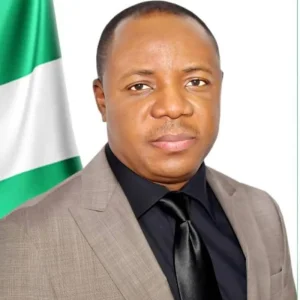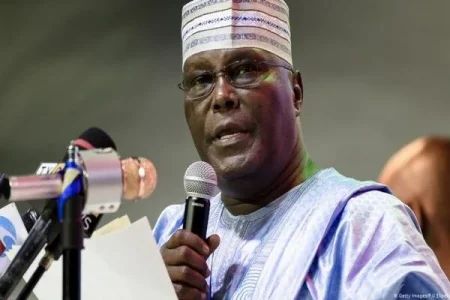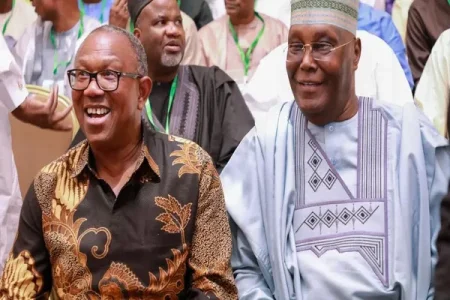Nigeria's recent confrontation with the Western world has sent ripples across the international community. The nation's grievance? An alleged betrayal over a promised $10 billion investment to support Nigeria's ambitious transition to renewable energy and its goal to achieve net-zero targets.

The voice of this grievance, Mr Gabriel Aduda, the Permanent Secretary of Nigeria's Ministry of Petroleum Resources, did not mince words during a Ministerial Roundtable at the World Petroleum Congress in Calgary, Canada. He highlighted the commitments made by global leaders at the 26th Climate Change Conference of Parties (COP26) in Glasgow, Scotland, in 2021. These leaders had assured developing countries, including Nigeria, of their financial support through a $10 billion annual investment. As Aduda pointed out, Nigeria has not received any portion of these funds.
Given the significant costs involved, Aduda also emphasised Nigeria's challenges in transitioning to renewable energy. He underscored the international community's need for substantial financial support, especially those nations with a larger carbon footprint.
Highlighting Africa's commendable strides in renewable energy adoption, Aduda revealed that of the $600 billion green bonds generated in 2021 and 2022, only a paltry 0.26% reached the continent despite Africa being a minor contributor to global emissions.
This bold stance by Nigeria serves as a clarion call, urging the Western world to uphold its promises and ensure a sustainable future for all nations.

The voice of this grievance, Mr Gabriel Aduda, the Permanent Secretary of Nigeria's Ministry of Petroleum Resources, did not mince words during a Ministerial Roundtable at the World Petroleum Congress in Calgary, Canada. He highlighted the commitments made by global leaders at the 26th Climate Change Conference of Parties (COP26) in Glasgow, Scotland, in 2021. These leaders had assured developing countries, including Nigeria, of their financial support through a $10 billion annual investment. As Aduda pointed out, Nigeria has not received any portion of these funds.
Given the significant costs involved, Aduda also emphasised Nigeria's challenges in transitioning to renewable energy. He underscored the international community's need for substantial financial support, especially those nations with a larger carbon footprint.
Highlighting Africa's commendable strides in renewable energy adoption, Aduda revealed that of the $600 billion green bonds generated in 2021 and 2022, only a paltry 0.26% reached the continent despite Africa being a minor contributor to global emissions.
This bold stance by Nigeria serves as a clarion call, urging the Western world to uphold its promises and ensure a sustainable future for all nations.




